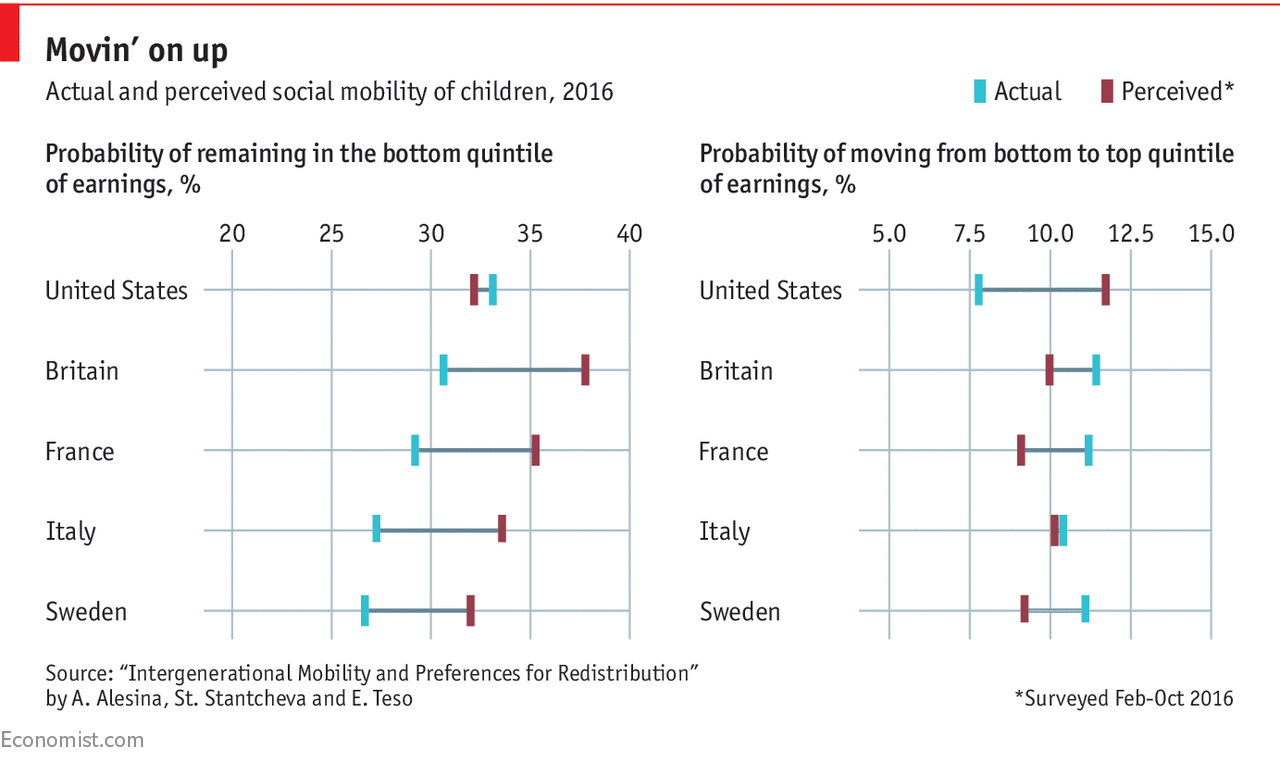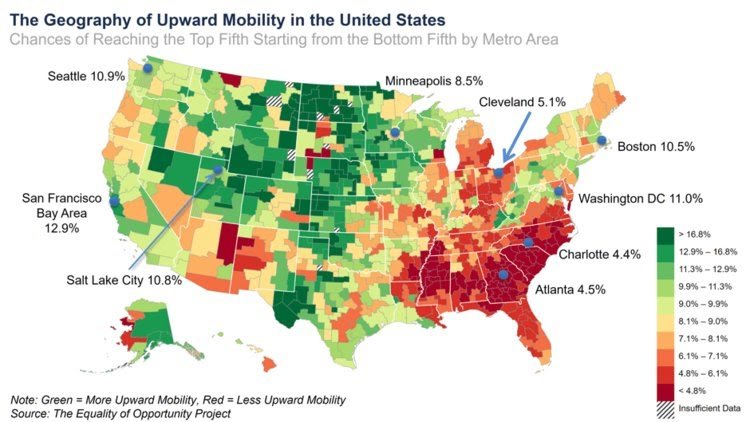- Jan 30, 2014
- 4,006
- 9,125
- AFL Club
- Hawthorn
US workers have **** all rights compared to us and are treated pretty s**t by a lot of employers
Its all about the money and everything else is lip service at best.
I hate how that is creeping in here, companies are pushing for us to become more like America because it benefits them.
Holding what American Organisations do up as the gold standard is a bad idea
Personally, I agree.
However the flip side of the 'US style deal' is that it is brokered by both parties...meaning that you can get treated s**t by your employer but usually because that's the deal you've negotiated. The opposite then also becomes true, and many people here in the USA get to fashion absolutely terrific work contracts that companies/employers are forced to offer/agree to to get the best candidates into their businesses.
It's also hand in hand with the whole 'freedom of movement' that so very many people/millennials seemingly love as part of their life work plan, and while companies are pretty free to fire and move on from you (ish, you'd be surprised at how much 'cause' and threat of suing through the courts keeps companies nervous about moving workers on without just reason) - so too do young and middle aged professionals bounce from job to job looking for huge whack pay rises and better job titles without having really done too much to earn them.
I'd say much of this is very clearly represented in our sporting teams and players, both in the US and Aus, and while we love at HFC to talk about loyalty and looking after our servants in a more loyal fashion than others, truth is we move on as a Club when it suits us - NOT the player.
There are a couple champions who recently moved on who will attest to this, and many other non-champions that more quietly find work elsewhere without much angst from the supporters because they have less glitz to their achievements.
I love old school myself, my mum started in the mail room at Telecom (Telstra) in the early 70's, as a woman with some potential and women's lib in full bloom, management there paid for her to go back to Uni and get her psych degree, and over the next 27 years she broke many glass ceilings to eventually become part of that senior executive group.
She retired at 52, got a pay out of 1 full years wages for every 5 she'd worked, and became a consultant at her leisure.
Thems were the days huh.
Don't think many companies or clubs are really looking for that kind of commitment anymore, but then again neither are the people or players.
Just watch what the players insist on at their next collective bargaining agreement, and then come back and talk to me about how our club should be looking after their players well beyond what they return in their play for the team, while they are with us.
Last edited:







